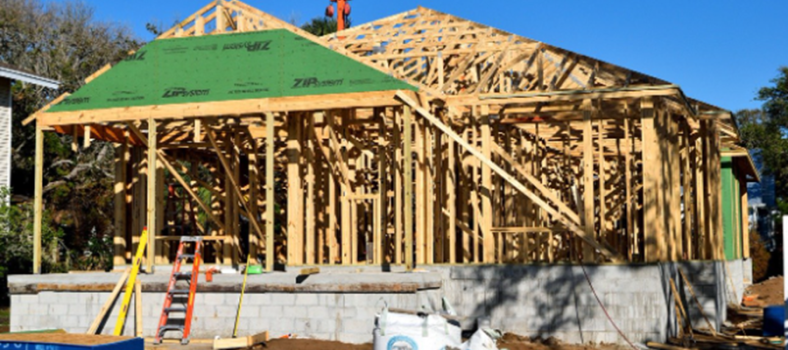Is a Reverse Mortgage Right for You?
Some seniors who are looking for a way to receive additional income for their retirement years, take out a reverse mortgage. While this can be a great way to receive either a lump sum of money or a steady stream of additional income, it is not without risks.
It is important that you take everything into consideration before making any final decisions. Below is a closer look at reverse mortgages to help you understand what a reverse mortgage is, learn about its risk factors and know what things to consider before taking out a reverse mortgage.
What Is a Reverse Mortgage?
A reverse mortgage is a loan in which you use to equity in your home as security for the loan. Just like most other loans, interest is charged to a reverse mortgage, and this interest is compounded for as long as you have the loan. You can receive your money either in regular payments over time, in one lump payment, or in a combination of both. You still maintain complete ownership of the home during the duration of the loan and you can remain in your home for as long you want to keep living there.
If you sell your home, or upon your death, the balance of the loan plus interest due must be paid in full. There are limits as to what percentage of the value of your home you can take out in a loan. If you are 60-years old, this limit is between 15 to 20 per cent of the value of your home. For every year you are over 60-years old, you can add one percent to this limit. Some lenders also have a minimal loan requirement, which is usually around $10,000.
What Are the Risk Factors?
There are several risk factors associated with reverse mortgage. The biggest risk factor is the amount of interest charged. Since the interest is continuously compounded, it can start to add up very quickly. In 2012, the Australian government put some limitations in place for how much interest the lender can charge. According to this law, lenders cannot charge more interest that the value of your home. However, if you are taking out a loan for only 25 per cent of the value of your home, your interest payments could really add up over time.
In some cases, a reverse mortgage affects a person’s ability to collect their pension pay or lowers the amount they can collect. You should definitely seek advice about this before making any final decisions. In addition, if you are the sole owner of the home, but have other people living with you, they may be forced to move out from the home after your death. This must be taken into consideration before applying for a reverse mortgage.
Read the Fine Print
If you are considering obtaining a reverse mortgage, be sure to read all of the fine print. You must know exactly what is involved in your mortgage. Each lender must provide you with an information sheet that clearly explains all aspects of the loan. Pay close attention to the terms and conditions of the loan and make sure you understand everything that is listed. You also want to see what happens if you have a change in your life circumstances and if the loan comes with a set cooling-off period for you to change your mind if necessary.
Before making any final decisions about whether a reverse mortgage is right for you or not, seek the advice from an independent financial counsellor. The counsellor will be able to take a closer look at your specific situation and help you determine if this may be right for you. He/she will also be able to answer any questions you may have or explain any alternative options that may be available to you. This will help you make a well-informed decision that is best for your financial future.
Image courtesy of Naypong / FreeDigitalPhotos.net






No Comment